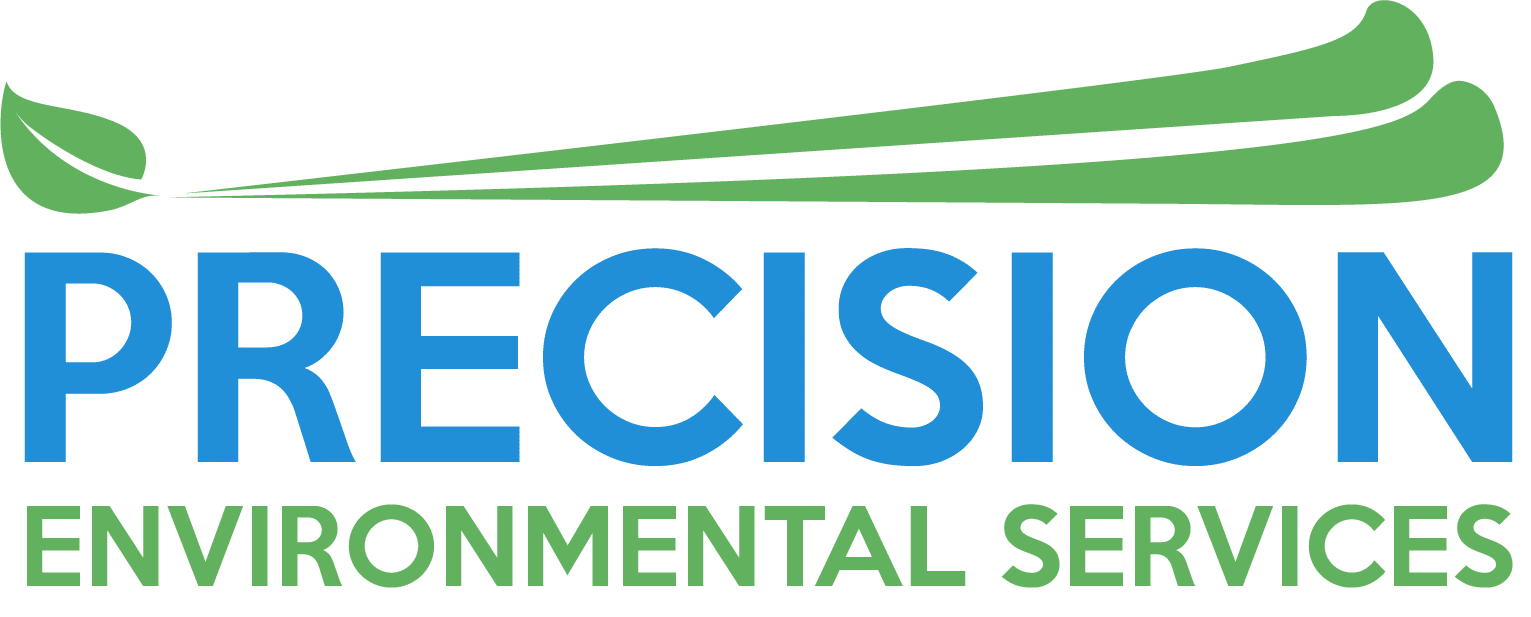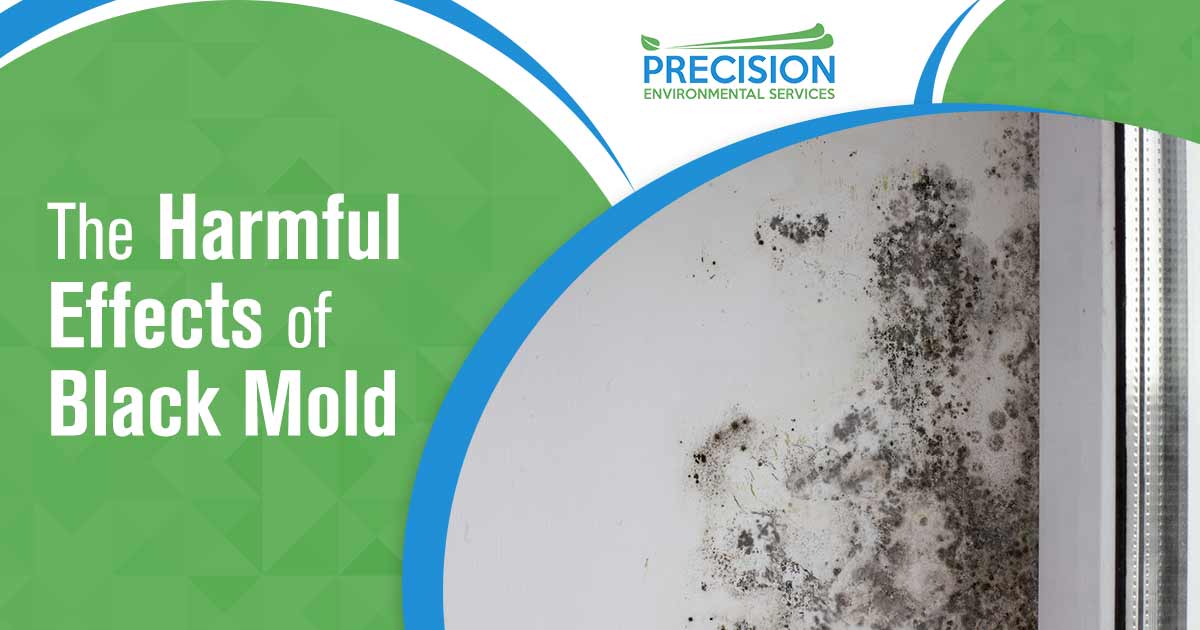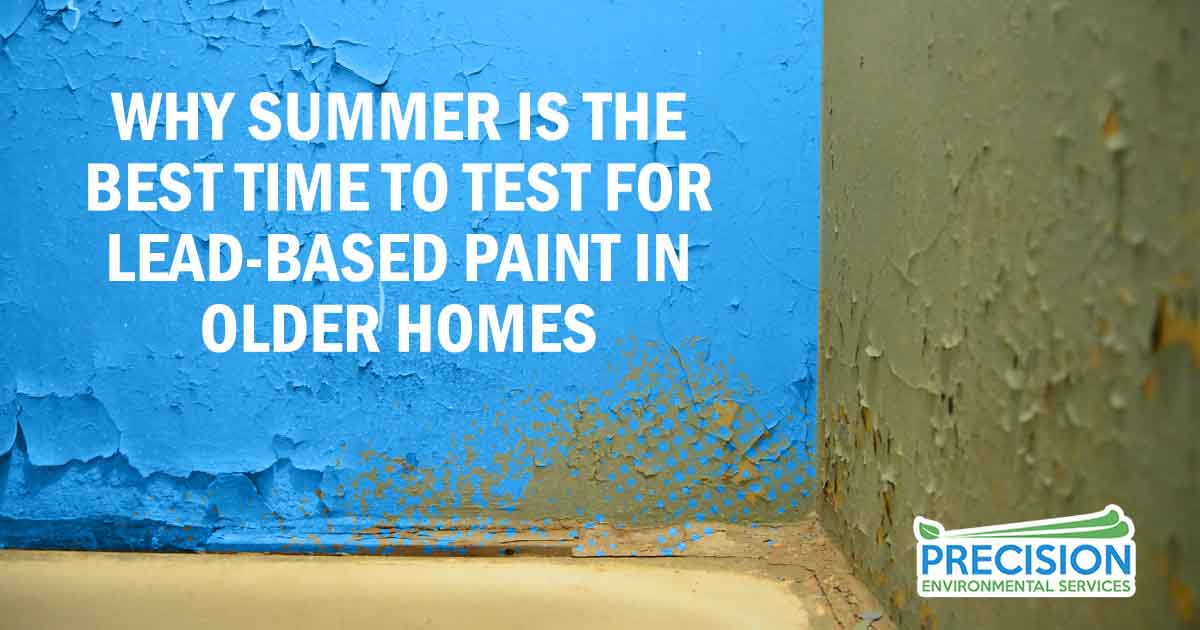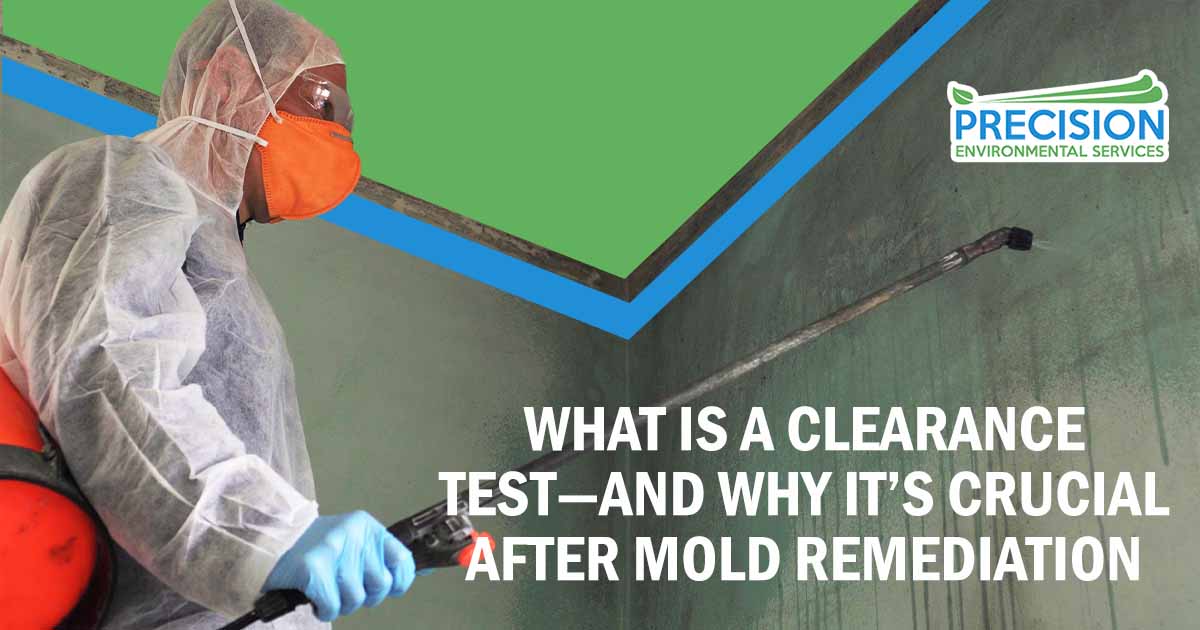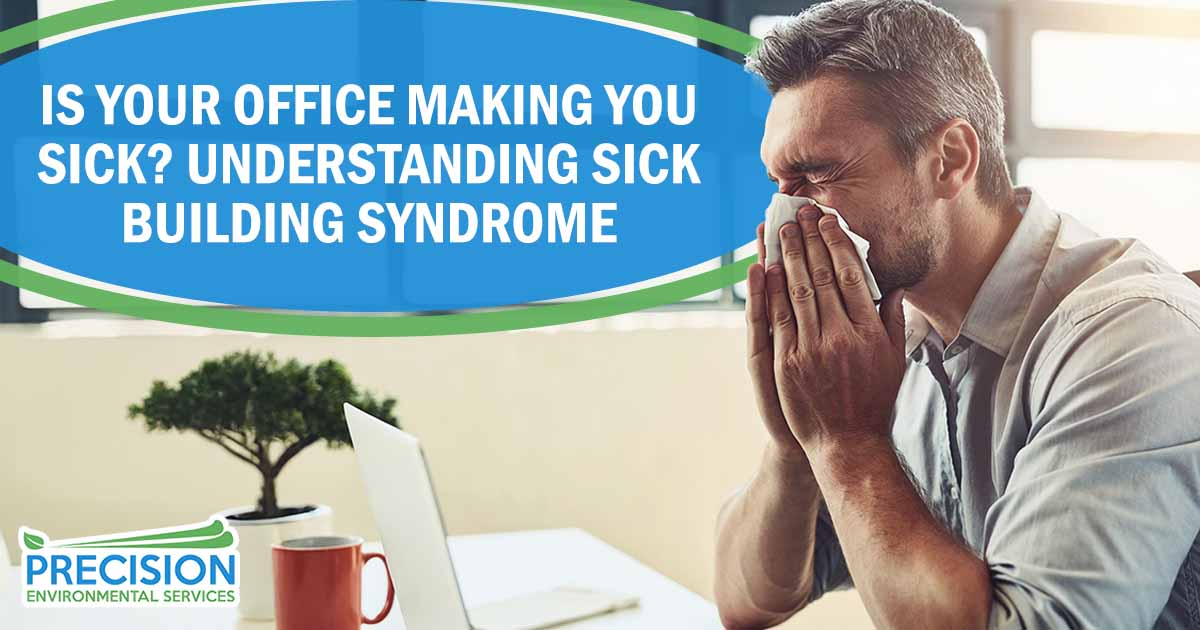What Is Black Mold?
Black mold, or Stachybotrys, is a type of toxic fungus that may be found in damp areas of your home. Unlike most types of mold, black mold has a unique appearance and is darker in color. It is highly toxic, particularly to infants, young children, and people who have a weakened immune system, mold allergies, chronic illnesses, and comorbid illnesses are more likely to experience severe health effects.
How Can I Tell the Difference Between Regular Mold and Black Mold?
It can be challenging to distinguish between regular mold and black mold because several mold species look black. Black mold can have slight color variations, making it harder to tell when dealing with a toxic mold. The only way to know if you have toxic black mold is through mold testing. Professional mold specialists can test the mold in your home to determine if it is toxic and can help prevent your mold problem from worsening with mold remediation services.
What Causes Black Mold?
All molds, including black mold, can grow in any areas of your home that are warm and wet, such as windows, crawlspaces, basements, and showers. Ventilation that isn’t functioning correctly and leaky pipes can also cause mold.
Black mold can originate from a variety of sources. Black mold thrives in moist areas with a lot of cellulose, like books, other paper items, and cardboard. Black mold can also be found in some foods, like nuts, that are high in cellulose and have low acidity.
Is Black Mold Dangerous?
Black mold produces mycotoxins, which can pose health risks to humans. Mycotoxins are toxic substances mold releases into the air when it grows on decaying or damp materials or is disturbed.
Being exposed to black mold can cause various health problems. However, the severity of health effects caused by mold exposure depends on each person’s sensitivity to mold, whether they have a mold allergy, if the black mold colony is present, and the duration of mold exposure, which produces dangerous mycotoxins. Some people might experience mild symptoms, while others might experience serious health consequences.
Black Mold Poisoning
Exposure to toxic black mold can lead to neurotoxicity in severe cases. If black mold poisoning is suspected, it is critical to seek medical attention immediately.
Common symptoms of mold toxicity or poisoning include:
- anxiety
- blurry vision
- brain fog and cognitive impairment
- depression
- digestive issues
- failure to thrive in newborn babies
- fatigue
- joint pain
- migraines
- muscle pain
- neurological problems, such as sensory peripheral neuropathy
- sleep disturbances, such as insomnia
- swelling
Early Stage Black Mold Symptoms
The initial symptoms of black mold exposure are similar to those of an allergic reaction. The most common symptoms include:
- coughing
- nasal congestion
- postnasal drip
- red eyes
- sneezing
While early-stage black mold symptoms don’t seem severe, it’s vital that black mold problems are taken seriously and addressed promptly to prevent further growth, increasingly severe symptoms, and potential health hazards.
Health Effects of Black Mold in Your Home
The effects of black mold on your health can become severe. Exposure to high levels of mycotoxins can cause respiratory issues in all people and exacerbate symptoms for those who have asthma, allergies, or chronic obstructive pulmonary disease (COPD). After exposure to black mold, some people may develop mold allergies and allergic reactions that may be mild or severe. Symptoms can include skin rashes, itching, redness, and watery eyes.
Long-term Effects of Black Mold Exposure
Long-term effects of black mold exposure can become chronic and may be more severe if you already have mold sensitivity. Prolonged exposure to black mold can cause more severe health conditions, including:
- acute neutrophilic rhinitis: an upper respiratory disease that causes persistent nasal infection
- bronchitis: inflammation in the air passages leading to your lungs
- chronic inflammatory response syndrome (CIRS): a chronic illness that affects many different systems of your body and can cause digestive and neurological issues in addition to vertigo, extreme fatigue, body pain, nasal congestion, and mood swings.
- chronic rhinosinusitis: causes your body to release chemicals to fight the fungus or mold but may also clog your sinuses as long as the fungus or mold is present
- hypersensitivity pneumonitis: an immune system disorder that causes chronic lung inflammation and, if left untreated, can cause scarring
How to Get Rid of Black Mold
It’s best to hire a professional mold removal specialist, but if you want to try removing black mold yourself, wear Personal Protective Equipment (PPE). Mold spores are dangerous and can cause or aggravate respiratory conditions.
Clean Mold with Vinegar
White vinegar doesn’t need to be diluted, but a mixture of half white vinegar and half water should work well if you prefer to dilute it. Spray the vinegar directly on the surface, let it kill the mold, and then scrub it.
Remove Mold with Bleach
A mixture of a capful of bleach with one gallon of water scrubbed on moldy surfaces can kill mold spores on surfaces and disinfect moldy surfaces. If the mold is only on the surface and has not grown into or destroyed anything, this is an excellent way to remove the mold. Apply the diluted bleach mixture to the moldy surface, let the mix kill the mold, and then scrub the surface.
Specific Mold Removal Products
If you choose mold removal products, follow the package instructions carefully, and the mold should be removed easily.
Black Mold Removal from Trusted Professional Mold Removal Specialists in North Central Texas
If you’re dealing with a potential black mold problem, professional mold specialists can help with mold testing and black mold removal. Mold removal specialists will ensure all mold removal and your home is safe.
Precision Environmental Services offers premium air quality testing, mold testing, and mold remediation services in the Dallas – Fort Worth Metroplex. We care about our customers’ health and can assist with mold testing, remediation, and removal.
If you have questions about mold and mold remediation or would like to schedule mold inspection or mold testing, call Precision Environmental Services at 940-597-2673 or use the contact form on our website.
